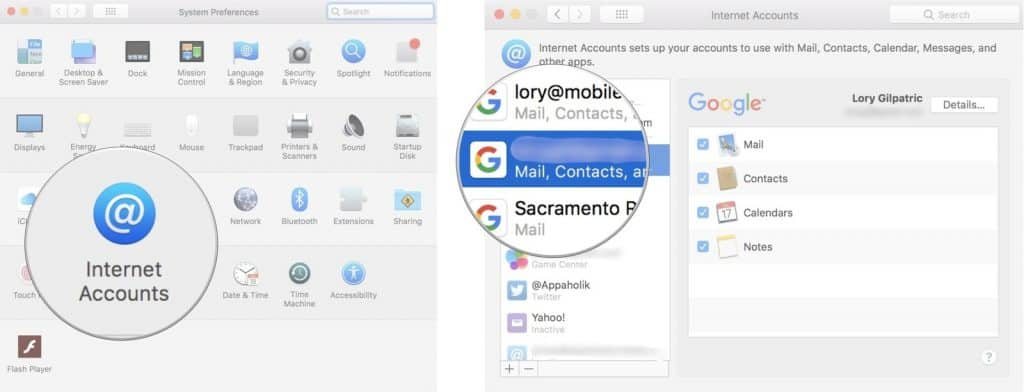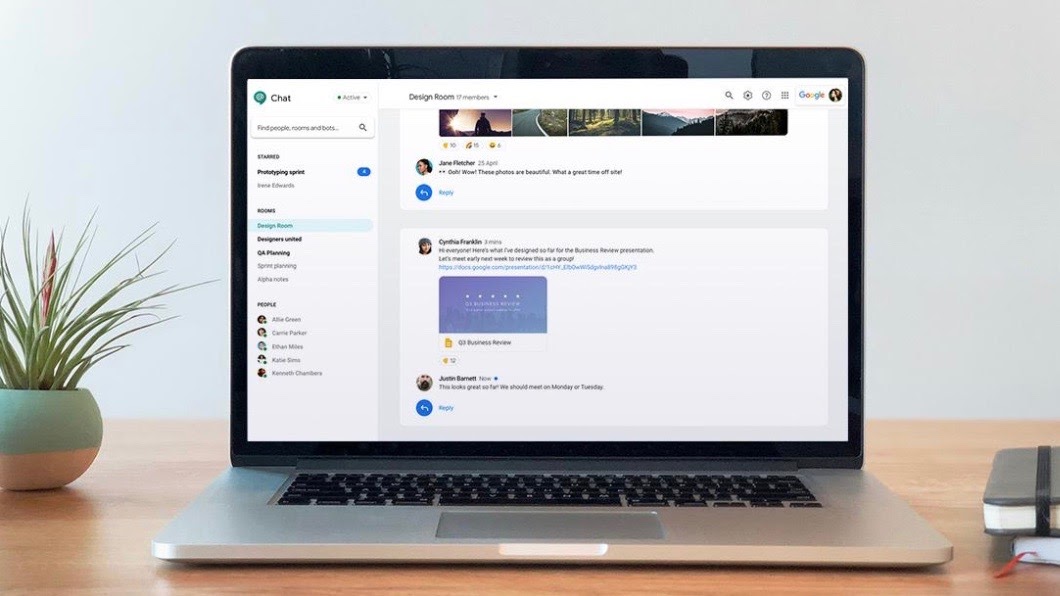
Apple / the surface, Google does appear to be making privacy-related changes.
Using google hangouts on macbook pro install#
Looking across both emails apps and browsers for the three tech giants does not paint a pretty picture for Google-bear this in mind before you install its apps on your phone.Īpple Vs Microsoft Vs Google, Email and Browsers Privacy Labels. Chrome versus DuckDuckGo, or WhatsApp versus Signal, for example.Ĭomparing Google, Apple and Microsoft makes more sense. It’s also wrong to only compare mainstream apps with privacy-first specialists. This is why comparisons are so critical-no privacy label should be taken in isolation. The issue with that reasoning, though, is that competing apps that collect significantly less data offer similar features and levels of performance and security.Ĭlearly, not every user will provide every data field on the privacy label to Google-they’re intended as a worst case, this is the data that could be collected. Google’s viewpoint, that it only collects the data needed to provide its service, is the same rationale WhatsApp gave me for collecting its own treasure trove of data. Again, this misses the stark difference between an in-session function and collecting linked user data, as suggested by its privacy label. Google didn’t offer any comments in response to this story, but did insist that the justification for its data collection is to provide features and functions-for example tailoring searches to a user’s location. But it’s yet more data collected under the guise of convenience. I really struggle to think of a suitable justification for that.” Google will argue that you can elect to provide your financial data when you choose to transact. “Why does a web browser need my financial data?” asks security researcher Sean Wright.

The companies in the bare minimum category are few and far between.” Collect all the data you can, collect all the data you need or collect the bare minimum of data. “It’s like there’s some sort of crossroads well maybe a three-way intersection. Apple / don’t become a multi-billion-dollar company without grabbing as much data as you can then monetize,” says Cyjax CISO Ian Thornton-Trump. As I commented on Gmail, protecting user privacy is a binary philosophy, “you either believe it’s the right thing to do, or you don’t.” And these new labels have made Google’s (and Facebook’s) privacy claims sound hollow.īrowser Privacy Labels, Market Share in (). But now we can see the detail for Chrome, just as we did for Gmail.

Google took its time adding privacy labels, with a gap between app updates of some three months after the labels became mandatory. But what Chrome does have in common with Gmail is an avaricious and out of step approach to data harvesting. You’ll note that Chrome isn’t on that list, nor is it an app “where you primarily store personal content.” But it is an app where you enter private and sensitive search terms and conduct private transactions.


In its defense, Google pointed me at comments made by CEO Sundar Pichai, that “we don’t use information in apps where you primarily store personal content-such as Gmail, Drive, Calendar and Photos-for advertising purposes, period.” I have already warned that Gmail collects more data than other leading mail platforms. MORE FROM FORBES Stop This 'Secret' Location Tracking On Your iPhone-3 Critical Settings You Need To Change Today By null But there's a different dataset in the detail, included below, that’s much more damaging to Google and which shows Chrome to be shockingly different to its major rivals. DuckDuckGo focused on the data that Google collects, linked to its users.


 0 kommentar(er)
0 kommentar(er)
